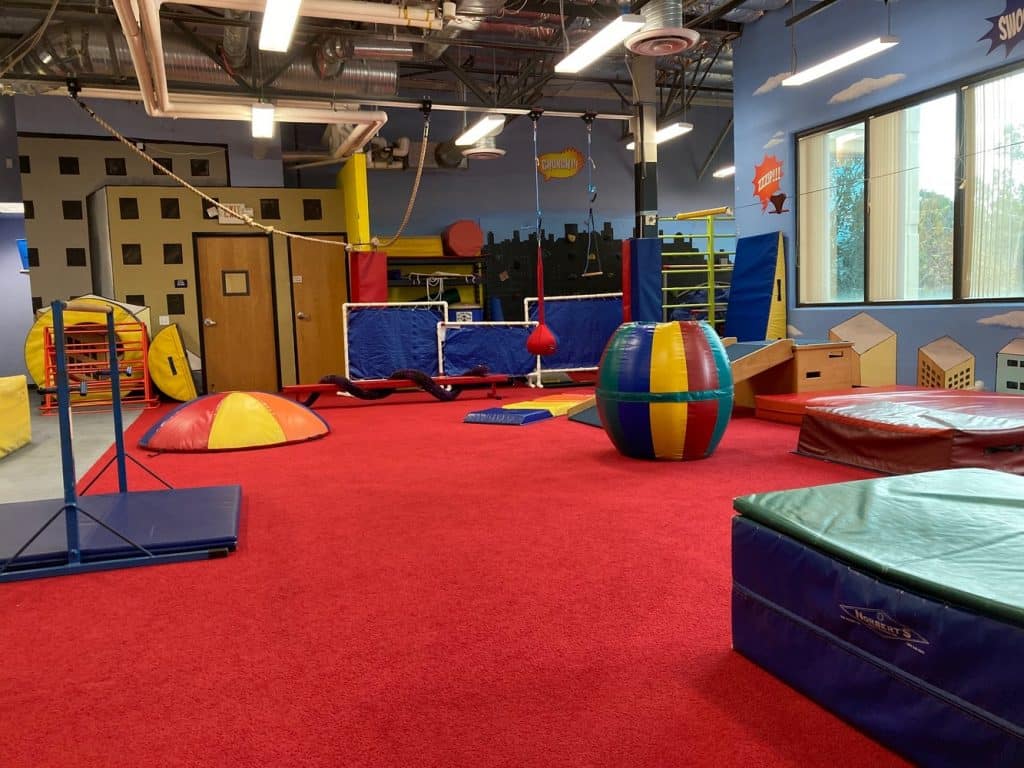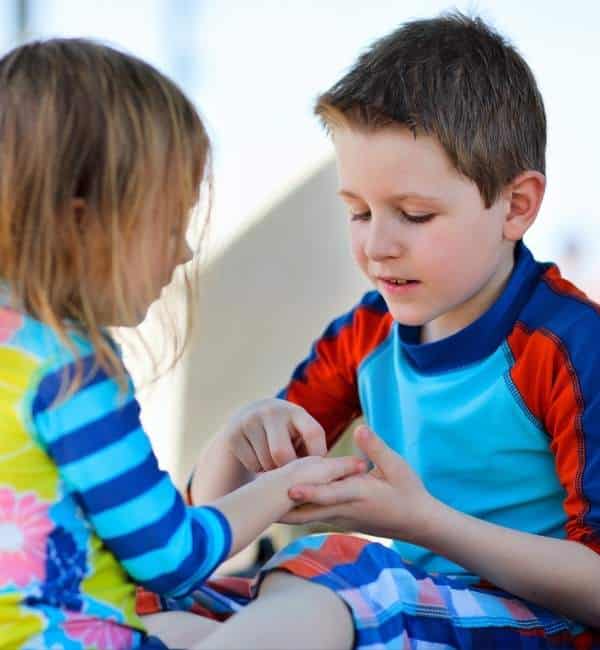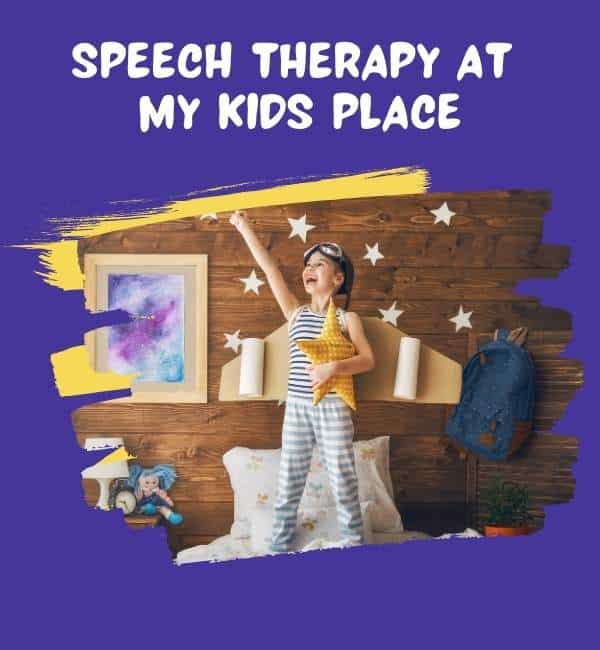Home » Speech Therapy in San Diego, CA | My Kids Place
In-Clinic and TeleTherapy Options
San Diego's #1 Trusted Speech Therapy Clinic
Make An Appointment
Please fill out the form and we will reach out to you to get started!
San Diego's #1 Pediatric Therapy Provider
Language & Development skills We address in Speech Therapy
At My Kids Place, we focus on enabling a child succeed across a variety of environments at any age. We help children gain independence and promote the development of conversational skills that children need to function throughout life.
- Phonological Skills
- Semantic Language Skills
- Morphology
- Syntax (Structural Language Skills)
- Pragmatic Skills
- Attention & Focus
- Auditory Processing
- Play and Socialization
- Feeding

Why Choose My Kids Place for
Speech-Language Therapy in San Diego?
At My Kids Place, our SLP’s focus on enabling a child to succeed across a variety of environments at any age. We help children gain independence and promote the development of conversational skills that children need to function throughout life.
What is Speech Therapy for kids?
Pediatric speech-language therapists work to help children communicate effectively by assisting with the improvement of their verbal and non-verbal language skills. They focus on improving three areas of communication – speech, receptive language, expressive language, and pragmatics.
When therapists work on speech, they focus on the sounds produced (articulation), treat stuttering if it’s present (disfluency), or treat voice disorders. Additionally, they help children develop receptive language skills. By working in this area, they are helping children process and understand the information they’re receiving from others.
When a child is told to “pick up the toy and bring it to me,” there is an incredible amount of work their brain must process to be successful in understanding the instruction.
Mastering pragmatic language
This most difficult skill to master is pragmatic language. Pragmatic language is our social language skills that we use in our daily interactions with others. This includes what we say, how we say it, our non-verbal communication (eye contact, facial expressions, body language etc.), and how appropriate our interactions are in a given situation.
Pragmatic skills are vital for communicating our personal thoughts, ideas, and feelings. Children with difficulties in this area often misinterpret other peoples’ communicative intent and therefore will have difficulty responding appropriately either verbally or non-verbally.
Furthermore, children must also master expressive language. This is when we learn how to produce words and combine words into phrases and sentences to outwardly communicate our wants and needs and share information.


Speech Therapy FAQ's
Speech-language pathologists (SLP’s) assess, diagnose, treat, and help prevent communication and swallowing disorders in children and adults.
Skills we address:
- Articulation/Intelligibility
- Expressive Language
- Receptive Language
- Feeding
- And More!
There is an incredible amount of complex processes that fall under the category of conversational skills. A child must access many different foundational skills, including body awareness, working memory and hearing just to name a few.
As we grow, we develop the skills to assign meaning to what we hear, express and advocate for ourselves verbally as well as master the art of non-verbal communication.
A speech disorder refers to a problem making sounds in syllables or saying words incorrectly to the point that listeners can’t understand what is being said.
This includes problems such as stuttering, in which the flow of speech is interrupted by unusual stops, partial-word repetitions ("g-g-girl"), or prolonging sounds and syllables (sssssnake).
These are problems with pitch, volume, or quality of the voice that distract listeners from what is being said. These disorders may also cause pain or discomfort to your child when speaking.
A language disorder refers to someone having an issue understanding or assembling words to communicate an idea. Language disorders can be receptive or expressive:
- Receptive disorders are issues with learning or processing language.
- Expressive conditions are problems with putting words together, having a limited vocabulary, or being unable to use language in a socially appropriate way.
Cognitive-communication disorders are problems with communication skills that involve memory, attention, perception, organization, regulation, and problem-solving.
